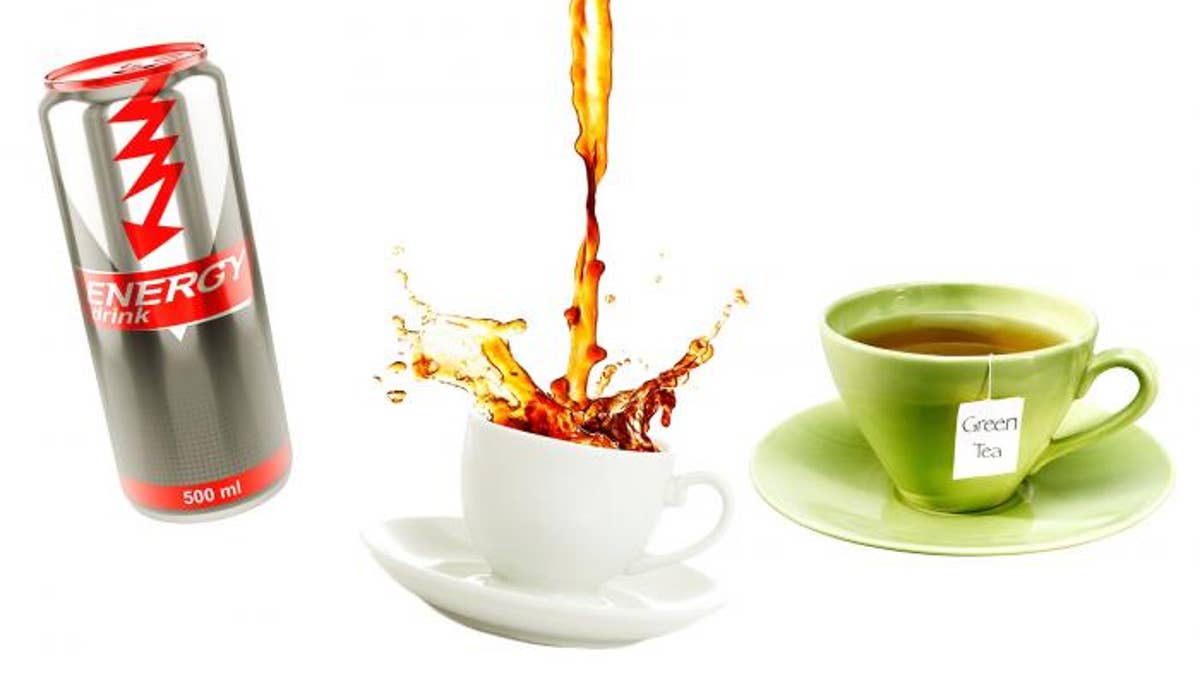
Is a cup of coffee part of your daily routine to get you started in the morning? Or do you sip a Diet Coke after lunch for an afternoon pick me up?
If so, you are among countless others who rely on caffeinated drinks for a quick energy boost. Caffeine is a stimulant, and one of the most commonly used “drugs” in the world. Indeed, it can help fight fatigue and improve concentration. However, according to the Mayo Clinic, there’s a downside to consuming too much caffeine: insomnia, nervousness, dehydration, and even digestive problems. The truth is, caffeine comes in many forms and chances are you may not realize how much you are actually getting any given day.
What’s in Your Drink?
Coffee has long been a mainstay drink. On average, Americans consume two to three cups of coffee daily, and this adds up to about 200-300mg of caffeine. Did you know a Grande Starbucks house brew packs 330mg of caffeine, nearly twice that in Dunkin Donuts medium-sized coffee which only has 178mg? It is important to pay attention to these differences to keep your routine caffeine consumption in check. If you ordinarily drink more than four cups per day, you may want to think about cutting back!
Tanya’s Tip: Coffee add-ins such as creamers and sweeteners can easily add up to a lot of unwanted calories and fat. Instead of ordering a regular latte, order it with skim milk and a zero-calorie sweetener and you’ll save about 100 calories! The milk in your coffee is a plus because it provides some calcium and protein, which may help keep hunger at bay until your next meal.
Green Tea is popular for its mild flavor and health benefits, but many think it does not contain caffeine, when it truth it does. One cup of green tea contains around 25mg of caffeine — pretty modest compared to coffee, so you’d have to drink a lot of it to have negative side effects. What’s great about green tea is that it contains a large amount of flavonoids, which are antioxidants that protect us against the damaging effects of free radicals. Thanks to these antioxidant properties green tea can be useful for anti-aging, and did you know the compound EGCG found in green tea has been proven to rev up metabolism?
Tanya’s Tip: Drink up your green tea in the morning for an energy boost and to aid weight-loss.
Energy Drinks, such as 5 Hour Energy and Red Bull are now popular as coffee alternatives. What you need to know is that a small amount can pack a big punch. A tiny 2 oz. bottle of 5 Hour Energy contains 207mg of caffeine — as much as two cups of coffee! Even though a can of Red Bull has only 75-80mg of caffeine, it’s loaded with 27g of sugar. When using energy drinks be sure to read the label!
Tanya’s Tip: If you enjoy drinking Red Bull, choose the sugar-free version and you’ll save on calories from sugar.
The bottom line on caffeine drinks: Try to limit your caffeine intake to about 200mg per day, or two cups of coffee and you’ll avoid all those unwanted side effects.








































